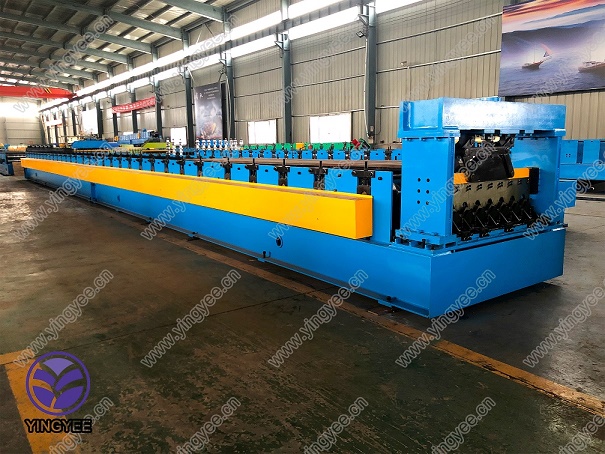
The Evolution and Impact of Thread Forming Machine Industries
In recent years, the thread forming machine industry has gained significant attention due to the evolving needs of manufacturing sectors globally. Thread forming machines play a pivotal role in the production of fasteners and various other components, converting raw materials into precision-engineered parts that meet stringent specifications. This article delves into the intricacies of thread forming machines, their applications, and the broader implications for manufacturing industries.
Understanding Thread Forming Machines
Thread forming machines are specialized equipment designed to create internal or external threads on a variety of materials, ranging from metals to plastics. Unlike traditional cutting methods, thread forming employs techniques such as rolling, forging, and extrusion. These processes preserve the material's integrity and enhance the physical properties of the final product, such as strength and fatigue resistance. The machines can operate at high speeds, which significantly increases production efficiency and lowers manufacturing costs.
Applications Across Industries
Thread forming machines are integral to multiple sectors, including automotive, aerospace, electronics, and construction. In the automotive industry, they produce engine components, transmission parts, and other critical fasteners that require high reliability under varying loads. The aerospace sector relies on these machines to create lightweight components that do not compromise safety or performance. Furthermore, the electronics industry uses thread forming for small, intricate parts that can withstand frequent assembly and disassembly.
The construction industry also benefits from thread forming technology, as it allows for the creation of durable screws, bolts, and nuts that can withstand harsh environmental conditions. The versatility of thread forming machines makes them indispensable across various applications, contributing to the advancement of modern engineering and manufacturing processes.

Technological Advances
As technology continues to progress, thread forming machines have evolved in capability and precision. The integration of computer numerical control (CNC) systems has allowed for enhanced automation and real-time monitoring of the manufacturing process. This level of precision ensures that the end products consistently meet the tight tolerances required in high-performance applications. Additionally, advancements in materials science have led to improved tooling and materials used in thread forming, further enhancing efficiency and reducing wear on equipment.
The introduction of Industry 4.0 technologies has revolutionized the thread forming landscape. Smart manufacturing and the Internet of Things (IoT) enable manufacturers to gather data from their machines, analyze performance metrics, and optimize production processes. Such advancements not only improve output but also facilitate predictive maintenance, subsequently reducing downtime and costs associated with machine failures.
Challenges and Future Perspectives
Despite the numerous benefits, the thread forming machine industry faces several challenges. One of the primary concerns is the need for skilled labor capable of operating and maintaining advanced machinery. The rapid pace of technological change requires ongoing training and adaptation. Additionally, sustainability has become a pressing issue, prompting manufacturers to adopt more eco-friendly practices and materials.
Looking forward, the thread forming machine industry is poised for continued growth. With increasing global demand for high-quality manufactured components, investment in research and development will be crucial. The focus on automation, sustainability, and adaptability will shape the future landscape of manufacturing, ensuring that thread forming machines remain at the forefront of the industry.
In conclusion, the thread forming machine industry is a critical component of modern manufacturing, facilitating the production of durable, high-performance components across various sectors. By embracing technological advancements and addressing current challenges, this industry can continue to thrive and contribute significantly to global manufacturing goals.